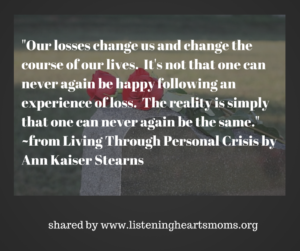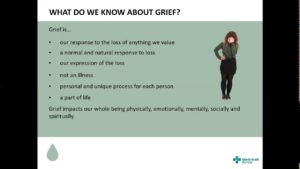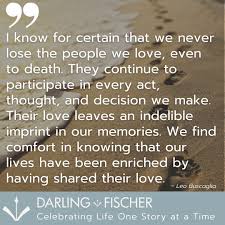


Whatever type of loss we maybe suffering from, there is no correct or incorrect way to grieve. Understanding the staging and types of grief you can find healthier ways to cope.
Often, the pain of loss can feel overwhelming. You may experience all kinds of difficult and unexpected emotions, from shock or anger to disbelief, guilt, and profound sadness. The pain of grief can also disrupt your physical health, making it difficult to sleep, eat, or even think straight. These are normal reactions to loss—and the more significant the loss, the more intense your grief will be.
Coping with the loss of someone or something you love is one of life’s biggest challenges. You may associate grieving with the death of a loved one—which is often the cause of the most intense type of grief—but any loss can cause grief, including:
BETTY THANK YOU FOR ALL YOUR COMEDY, CARE TO THE ANIMALS and MOST INPORTANT RIP!!!!

(Original Caption) Betty White, star of DuMont’s Life with Elizabeth show, has just about enough time to feed her huge St. Bernard, Stormy, before dashing off to the studio from home.

Even subtle losses in life can trigger a sense of grief. For example, you might grieve after moving away from home, graduating from college, or changing jobs.
Whatever your loss, it’s personal to you, so don’t feel ashamed about how you feel, or believe that it’s somehow only appropriate to grieve for certain things. If the person, animal, relationship, or situation was significant to you, it’s normal to grieve the loss you’re experiencing. Whatever the cause of your grief, though, there are healthy ways to cope with the pain that, in time, can ease your sadness and help you come to terms with your loss, find new meaning, and eventually move on with your life.
How you deal with Grief:
While grieving a loss is an inevitable part of life, there are ways to help cope with the pain, come to terms with your grief, and eventually, find a way to pick up the pieces and move on with your life.
- Acknowledge your pain.
- Accept that grief can trigger many different and unexpected emotions.
- Understand that your grieving process will be unique to you.
- Seek out face-to-face support from people who care about you.
- Support yourself emotionally by taking care of yourself physically.
- Recognize the difference between grief and depression.
There are stages to grief:
In 1969, psychiatrist Elisabeth Kübler-Ross introduced what became known as the “five stages of grief.” These stages of grief were based on her studies of the feelings of patients facing terminal illness, but many people have generalized them to other types of negative life changes and losses, such as the death of a loved one or a break-up.
Denial: “This can’t be happening to me.”
Anger: “Why is this happening? Who is to blame?”
Bargaining: “Make this not happen, and in return I will ____.”
Depression: “I’m too sad to do anything.”
Acceptance: “I’m at peace with what happened.”
If you are experiencing any of these emotions following a loss, it may help to know that your reaction is natural and that you’ll heal in time. However, not everyone who grieves goes through all of these stages—and that’s okay. Contrary to popular belief, you do not have to go through each stage in order to heal. You may go through all stages and than repeat them of course not in order.
















